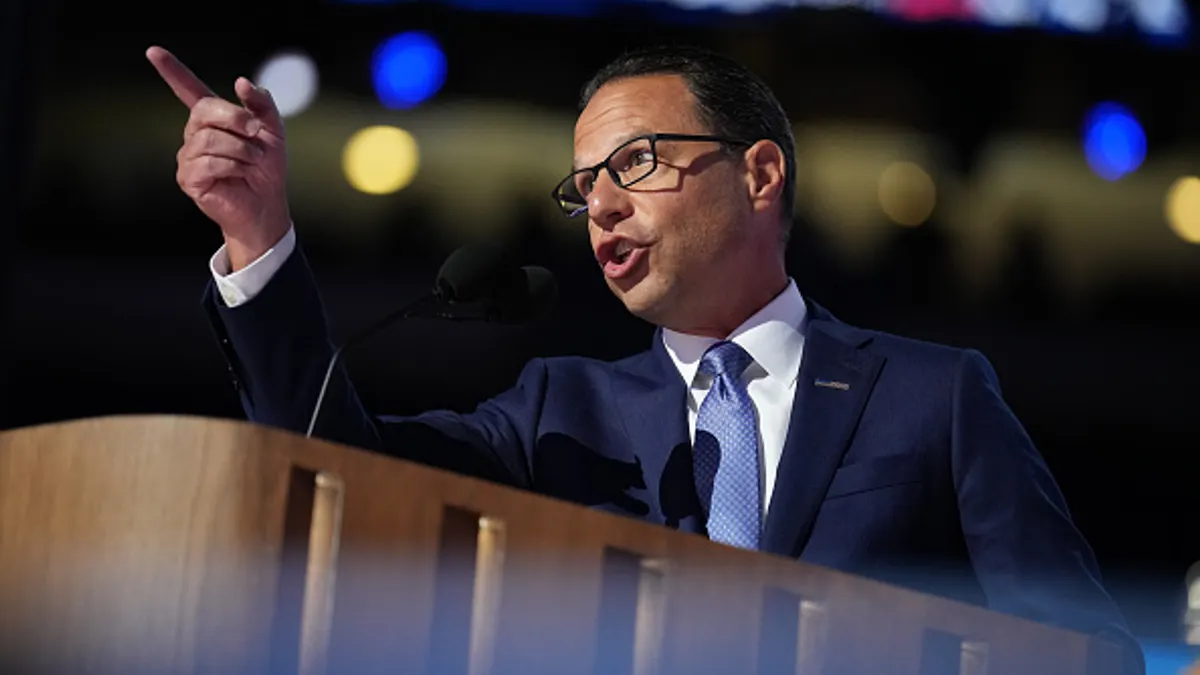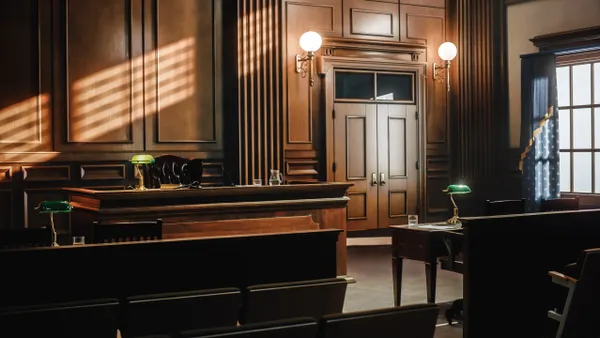Dive Brief:
- State lawmakers in Pennsylvania and Delaware each voted on Thursday to pass their respective CPA pathways legislation, joining a growing number of states enacting new laws to provide alternative routes to obtaining a certified public accounting license and ease the accounting shortage.
- After Pennsylvania’s Senate Bill 719 was passed earlier this month in a 49-1 Senate vote, it unanimously passed the House (202-0) Thursday night, advancing to Gov. Josh Shapiro’s desk for signature, according to the state legislature’s website. Delaware’s legislation, (HB 143), was passed and sent to Gov. Matt Meyer with a unanimous Senate vote (21-0) Thursday after the state’s House passed it with 40 votes on June 12, according to the Delaware legislature’s website.
- The moves bring the number of states that have passed similar legislation to at least 22. Pennsylvania’s size makes the change particularly impactful, Robert Pawlewicz, assistant professor of accounting at the University of Richmond’s Robins School of Business told CFO Dive. “PA is one of the states [where] a change is a big deal (along with NY, IL, OH, MN and a few others) because states with large cities (like Philadelphia and Pittsburgh) typically have offices from all Big 4 firms and other large national and international public accounting firms,” Pawlewicz wrote in an emailed response to questions.
Dive Insight:
The votes in Pennsylvania and Delaware come on the heels of North Carolina lawmakers passing similar legislation earlier this week. While CPA pathways bills have stalled in Florida and Maine, the states that have passed legislation have been seeing their bills signed into law, Pawlewicz said.
“I have not seen a state that passed legislation that a governor has refused to sign,” Pawlewicz said. “Most CPA pathways legislation is passing with overwhelming majorities in both houses for all states. This actually seems to be a bipartisan movement happening pretty quickly (by CPA licensure change standards).”
Like many states’ bills, the Pennsylvania and Delaware legislation are poised to add an additional path to becoming a licensed CPA that provides an option that doesn’t require 150 college credit hours. Proponents of the initiative say the 150 hour requirement is a barrier as it effectively means 30 hours, or a fifth year of post-secondary education, beyond a typical bachelor’s degree.
The Pennsylvania bill’s alternative route requires a bachelor’s, two years of experience in the accounting field, and passage of the CPA exam. The law retains the existing two options requiring 150 college credit hours or a master’s degree, one year of experience and passage of the CPA exam. It also makes it easier for out-of-state CPAs to practice in Pennsylvania, removing the current requirement that they also obtain a state certificate and permit, according to the Pennsylvania Institute of CPAs. Likewise, Delaware’s bill also offers three paths to licensure, one of which requires a bachelor’s rather than 150 college credit hours, two years of professional experience and passing the CPA exam.
Keep up with CPA licensure changes with CFO Dive’s tracker on the topic here.
Editor’s note: This is a developing story. Read more on our website for live updates.













